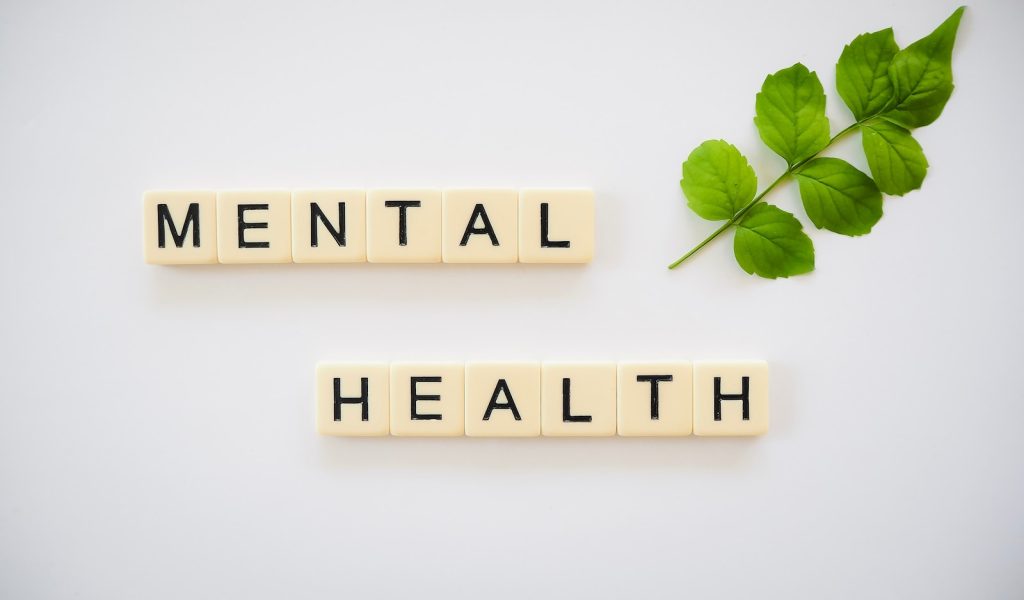In today’s fast-paced world, it’s easy to get caught up in the demands of work, family, and other responsibilities. Neglecting our needs and well-being can be easy with so much to do and so little time. However, caring for ourselves is crucial for our physical, emotional, and mental health. Self-care is not a luxury but necessary for a happy and fulfilling life. In this blog, we will explore the importance of self-care and offer practical tips and strategies for incorporating it into your daily routine. Whether you’re a busy professional, a stay-at-home parent, or anyone in between, this blog will show you how to prioritize yourself and live a happier, healthier life.
Benefits of Self-Care
Self-care is an essential aspect of leading a healthy and happy life. It refers to our deliberate and purposeful actions to promote our physical, emotional, and mental well-being. In today’s fast-paced world, self-care is often overlooked, but it is crucial to our overall health and quality of life. Here are some of the benefits of self-care:
- Reduced stress: Stress is a major contributor to many health problems, including heart disease, high blood pressure, and depression. Self-care activities such as meditation, yoga, and exercise can help reduce stress and promote relaxation.
- Improved physical health: Taking care of our bodies is crucial for our physical health. Regular exercise, a healthy diet, and getting enough sleep are all important self-care activities that can improve our physical health.
- Boosted mental health: Self-care can also positively impact our mental health. Activities such as journaling, therapy, and spending time with loved ones can help us manage anxiety, depression, and other mental health conditions.
- Increased productivity: When we take care of ourselves, we are better equipped to handle the demands of daily life. We can improve our focus, energy, and productivity by prioritizing self-care.
- Enhanced relationships: Self-care can also benefit our relationships with others. When we care for ourselves, we can better connect with others and build deeper, more meaningful relationships.
In summary, self-care is essential for our overall health and well-being. By prioritizing self-care activities, we can reduce stress, improve our physical and mental health, increase productivity, and enhance our relationships with others. So take some time for yourself today and start reaping the benefits of self-care.
Mental Health Benefits

Self-care plays a crucial role in promoting good mental health. It involves taking deliberate and intentional actions to care for our emotional and psychological well-being. Here are some of the mental health benefits of self-care:
- Improved self-esteem: Practicing self-care activities such as self-compassion, self-acceptance, and positive self-talk can help boost our self-esteem. This can lead to greater self-worth, confidence, and overall well-being.
- Reduced anxiety and depression: Self-care activities such as mindfulness, meditation, and yoga can help reduce symptoms of anxiety and depression. These practices promote relaxation and stress reduction, which can help improve mood and increase feelings of happiness and contentment.
- Increased resilience: Taking care of ourselves can help increase our resilience to stress and adversity. When we prioritize self-care, we develop coping strategies and self-soothing techniques to help us bounce back from setbacks and challenges.
- Better emotional regulation: Self-care activities such as journaling, therapy, and self-reflection can help us identify and manage our emotions. This can lead to better emotional regulation, which can help us navigate difficult situations with greater ease and effectiveness.
- Enhanced overall well-being: By prioritizing self-care, we can improve our overall sense of well-being. When we care for our mental health, we can experience greater satisfaction in our relationships, work, and other areas of life.
In summary, self-care is essential for good mental health. By engaging in self-care activities, we can improve our self-esteem, reduce symptoms of anxiety and depression, increase resilience, improve emotional regulation, and enhance our overall sense of well-being. So, whether it’s practicing mindfulness, spending time in nature, or engaging in creative hobbies, taking time to care for your mental health is vital for a happy and fulfilling life.
Physical Health Benefits

Self-care is important for our physical health as well. It involves taking actions that support and promote our physical well-being. Here are some of the physical health benefits of self-care:
- Reduced risk of chronic disease: Engaging in regular physical activity, maintaining a healthy diet, and getting enough sleep can help reduce the risk of chronic diseases such as heart disease, diabetes, and obesity.
- Increased energy and stamina: Taking care of our bodies through exercise, proper nutrition, and rest can help increase our energy and stamina. This can improve our ability to perform daily activities and enjoy life to the fullest.
- Improved sleep: Practicing good sleep hygiene, such as sticking to a regular sleep schedule and creating a relaxing sleep environment, can help improve the quality of our sleep. This can lead to increased energy and overall well-being.
- Enhanced immune function: Self-care activities such as getting enough sleep, eating a healthy diet, and engaging in physical activity can help boost our immune function. This can help reduce the risk of illness and infection.
- Better pain management: Engaging in yoga, stretching, and massage activities can help alleviate pain and improve physical function. This can help improve our overall quality of life.
In summary, self-care is essential for our physical health. Engaging in activities promoting physical well-being can reduce the risk of chronic disease, increase energy and stamina, improve sleep, boost immune function, and manage pain. So, whether taking a walk in nature, cooking a healthy meal, or getting a good night’s sleep, prioritize self-care activities that support your physical health and well-being.
Social Benefits
Self-care not only benefits our individual well-being, but it also has social benefits. Here are some of the social benefits of self-care:
- Increased social support: Engaging in self-care activities such as spending time with loved ones, joining social groups, and volunteering can help improve our social support. This can lead to a greater sense of connection and belonging.
- Improved relationships: When we prioritize self-care, we are better equipped to show up fully in our relationships with others. We can better communicate our needs, set boundaries, and show empathy and compassion.
- Reduced social isolation: Engaging in social activities can help reduce social isolation and loneliness. This can improve our overall sense of well-being and decrease the risk of mental health problems.
- Enhanced communication skills: Self-care activities such as therapy and self-reflection can help improve our communication skills. This can help us better express ourselves, understand others, and build stronger relationships.
- Increased sense of community: Participating in social activities such as volunteering or joining community groups can help foster a sense of community. This can lead to a greater sense of purpose and meaning in life.
In summary, self-care has social benefits that can improve our relationships with others, reduce social isolation, enhance communication skills, and foster a sense of community. By prioritizing self-care activities that involve social connection and support, we can improve our overall well-being and enjoy a more fulfilling life.
Practical Examples
Self-care can take many different forms and will look different for each individual. Here are some practical examples of self-care activities that can benefit our mental, physical, and social well-being:
- Exercise: Engaging in regular physical activity, such as going for a walk, attending a fitness class, or practicing yoga, can benefit our physical and mental health.
- Meditation and mindfulness: Meditation and mindfulness can help reduce stress and improve our mental well-being.
- Sleep hygiene: Taking steps to improve the quality of our sleep, such as sticking to a regular sleep schedule, creating a relaxing sleep environment, and avoiding screens before bedtime, can benefit our physical and mental health.
- Creative hobbies: Engaging in creative activities such as painting, writing, or playing music can be a form of self-care that promotes relaxation and self-expression.
- Socializing: Spending time with loved ones, joining social groups, or volunteering can help increase our social support and reduce social isolation.
- Therapy: Seeking therapy can be a form of self-care that promotes mental health and helps us develop coping strategies and self-awareness.
- Eating a healthy diet: Eating a balanced and nutritious diet can benefit our physical and mental health.
- Self-reflection: Reflecting on our thoughts and feelings can help improve our emotional regulation and increase self-awareness.
- Relaxation techniques: Engaging in relaxation techniques such as deep breathing, progressive muscle relaxation, or aromatherapy can help reduce stress and promote relaxation.
In summary, many different forms of self-care can benefit our mental, physical, and social well-being. By prioritizing self-care activities that resonate with us, we can improve our overall well-being and enjoy a more fulfilling life.
Conclusion
In conclusion, self-care is a crucial aspect of our overall well-being. We can improve our overall quality of life by prioritizing self-care activities that support our mental, physical, and social health. Self-care activities can provide numerous benefits, including reduced stress, improved mood, increased social support, and enhanced physical health. While self-care will look different for each individual, we can use many practical examples and self-care tips to prioritize self-care in our daily lives. Making self-care, a priority can cultivate a healthier and happier life. Remember, self-care is not selfish; it’s essential to living a fulfilling life. So take the time to prioritize self-care activities that support your well-being, and enjoy the many benefits of self-care.






























